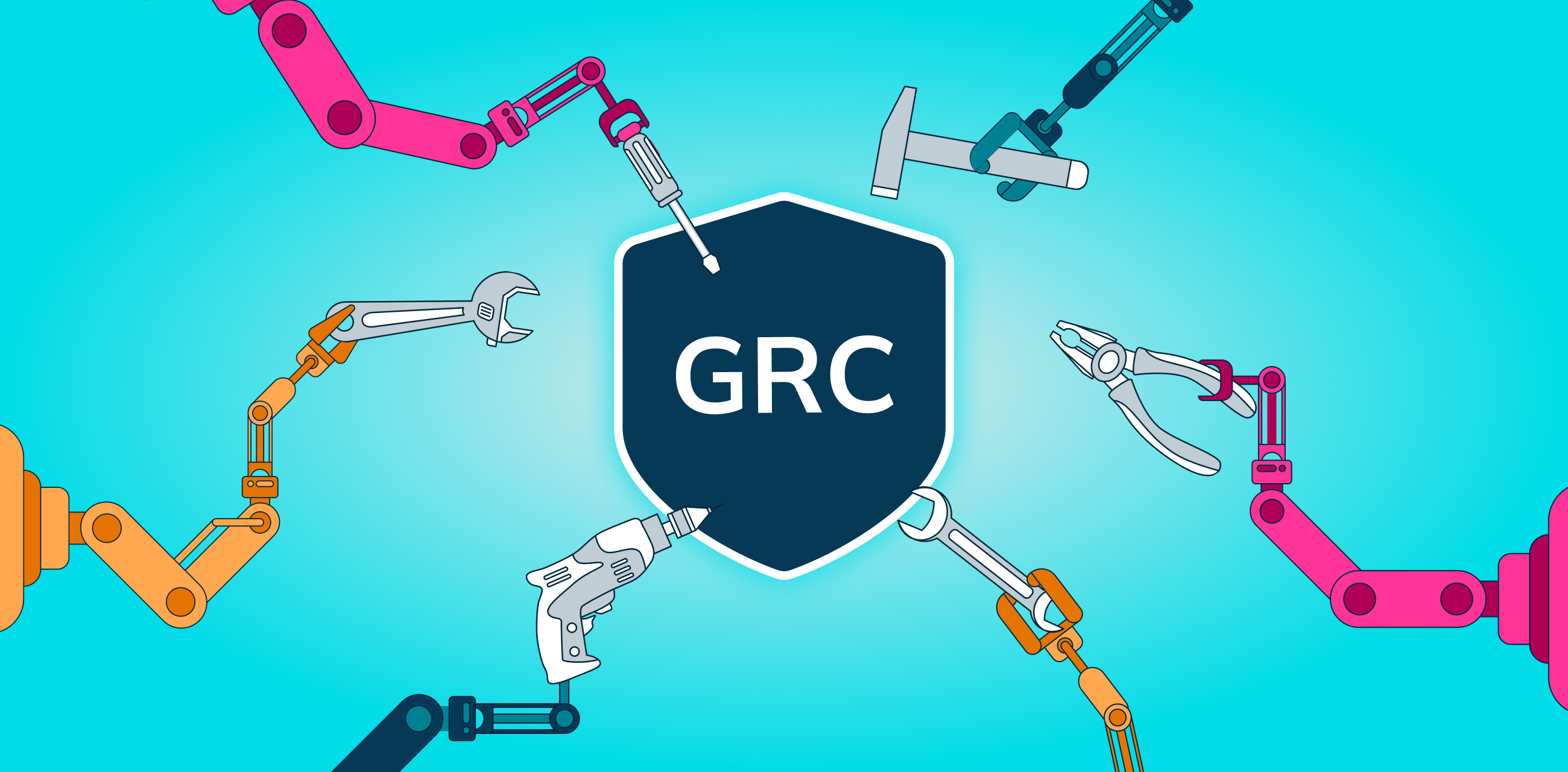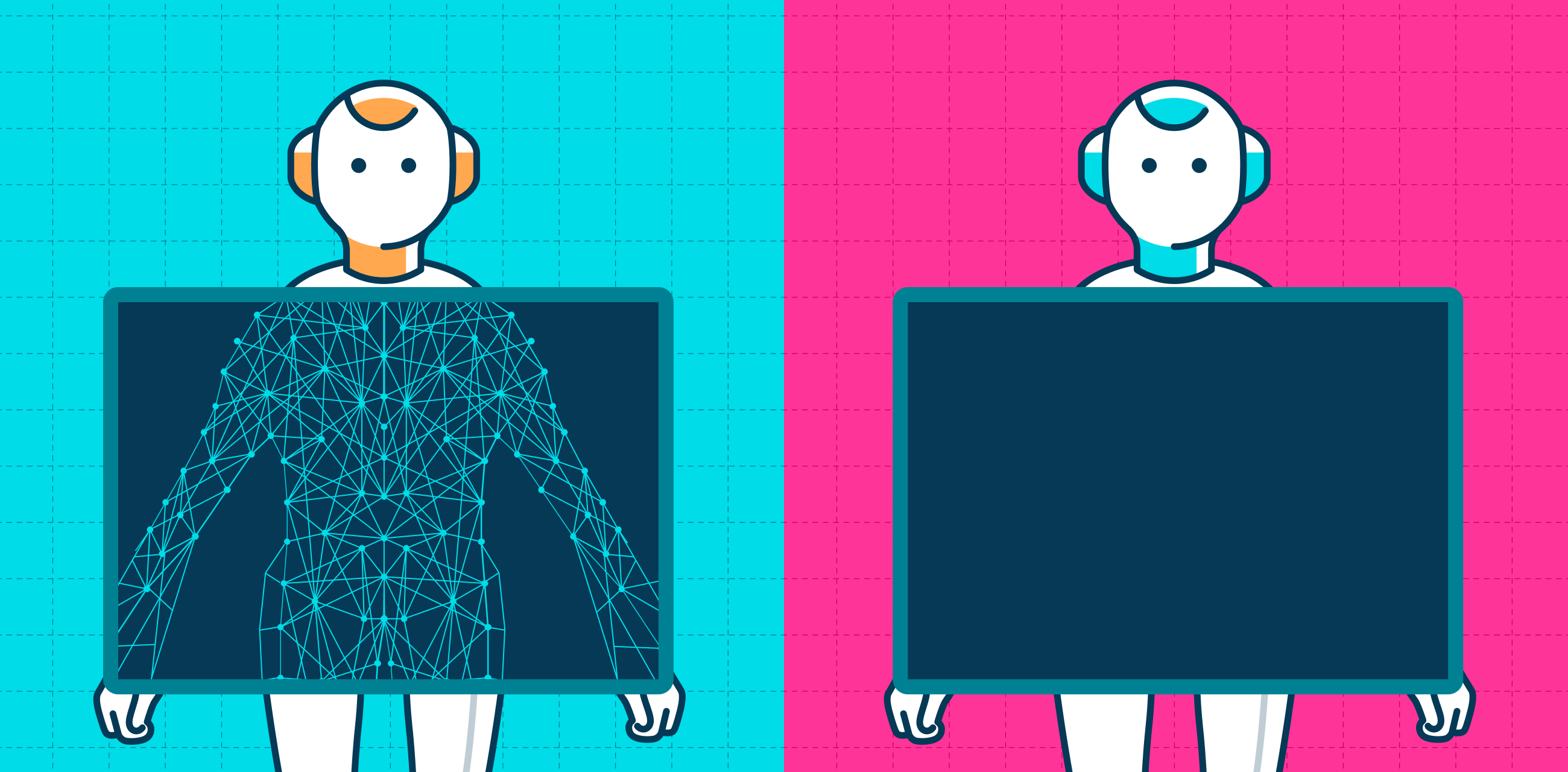You’re Thinking About AI Wrong (If You’re Not in the Weeds)
As the GRC Data & AI Summit approaches, it looks like the question for most GRC leaders isn’t whether to implement AI. It’s how their teams can make the most of AI.
Marketing around AI features is cranked up to full volume, making it tough for leaders to make informed decisions on potential AI investments wisely. We’ve already covered how to evaluate AI features in GRC. In this article, we’ll talk about how to determine what your GRC program should use AI for.
GRC leaders and ICs live in different worlds
The State of Enterprise GRC Maturity Report 2025 shows just how different life is for GRC professionals across the org chart.
When asked to identify their top three obstacles to achieving full GRC maturity, a stark pattern emerges. Respondents across the board recognize a lack of automation as a barrier, but responses from other roles are polarized:
- C-level and SVPs cite strategic concerns like technology and tool limitations and evolving regulatory requirements
- Individual contributors flag tactical blockers: poor integration, inconsistent control performance, and limited control owner cooperation
- Mid-level management falls in the middle, balancing both views
Unsurprisingly, GRC professionals at different levels also see things differently when it comes to AI’s potential to improve their GRC program. Leaders, who see things through a strategic lens, focus on applications like workflow optimization and real-time risk detection. ICs, meanwhile, report seeing AI’s greatest value in document summarization and policy analysis—the types of tasks that they say eat up their days.
Mature GRC programs use AI to serve ICs’ tactical needs
When we look at how very mature GRC programs actually implement AI, we find they’re more likely to use AI for the tactical processes that ICs care about than the ones leaders focus on.
And it’s making an impact. At organizations where the program uses AI for tactical processes, leadership is more likely to see GRC as a competitive advantage and/or business enabler.
Use case 1: AI-powered framework customization
GRC professionals rate customization as the most important feature of a GRC platform. Custom frameworks, for example, are a smart way to stay ahead of regulatory change by managing multiple requirements in a unified control structure.
But ask any IC who’s built and maintained a custom framework, and they’ll tell you: it's a big lift. Mapping requirements, keeping everything aligned, and managing updates by hand is tedious.
AI can help here. AI-powered custom frameworks are automatically built out using AI and they map requirements to controls across frameworks and continuously update them, keeping your unified custom framework in sync without all that elbow grease. Your ICs get time back, and your GRC program stays up to date.
Everybody wins.
Use Case 2: Real-time visibility with agentic AI
Agentic AI is a game-changer because it doesn’t wait for a prompt or scheduled task, and it doesn’t take nights or weekends off. An AI agent can analyze your risks and control data to help suggest mitigating controls. Our Risk Assistant can even automatically generate a treatment plan based on best practices and tailor it to your risk details.
AI is only as smart as the data it's built on, which is why a GRC program with a strong data foundation is crucial for success with AI. Unlike generic models, AI meant for GRC is designed to work securely with compliance data and integrate seamlessly with the systems your program relies on.
{{ banner-image }}
Use Case 3: Evidence analysis and action with agentic AI
The ability to analyze and act on evidence is the third-most popular capability in a GRC platform according to our 2025 State of Enterprise GRC Maturity research.
If you’ve experimented with any of the publicly available LLMs like ChatGPT, Gemini, or Claude, you’ll know that document analysis, summarization, and recommendations are well within AI’s wheelhouse, although not always 100% accurate.
To keep your sensitive data safe—and trust the AI to do the work—you’ll need AI agents purpose-built for GRC. GRC-specific AI agents are designed to understand evidence analysis and scoping. They can save your team an enormous amount of time and help catch details that humans might miss.
Lead in AI by listening to your team
You’re probably excited about the strategic potential of AI. That’s your job! But it’s clear that the value of AI in GRC starts with helping the people closest to the work get the work done.
Your ICs know exactly where the pain points are. They know which processes take too much manual effort, where integrations break down, and where they spend more time moving files than moving the needle.
So ask them what’s causing the most delay and frustration, and prioritize tools that solve those problems first.
The bottom line is that solving your ICs’ problems will ladder up to solving your own. With AI to handle time-consuming tasks, your team can focus on more meaningful work. You’ll see better control performance, better data for reporting, and you’ll be able to shift how GRC is perceived in your organization to a strategic business partner.
Still wondering how leading experts approach, evaluate, and use AI for GRC? Watch our GRC Data & AI Summit on demand to get answers!




.png)
.png)












.svg)
.svg)
.svg)

